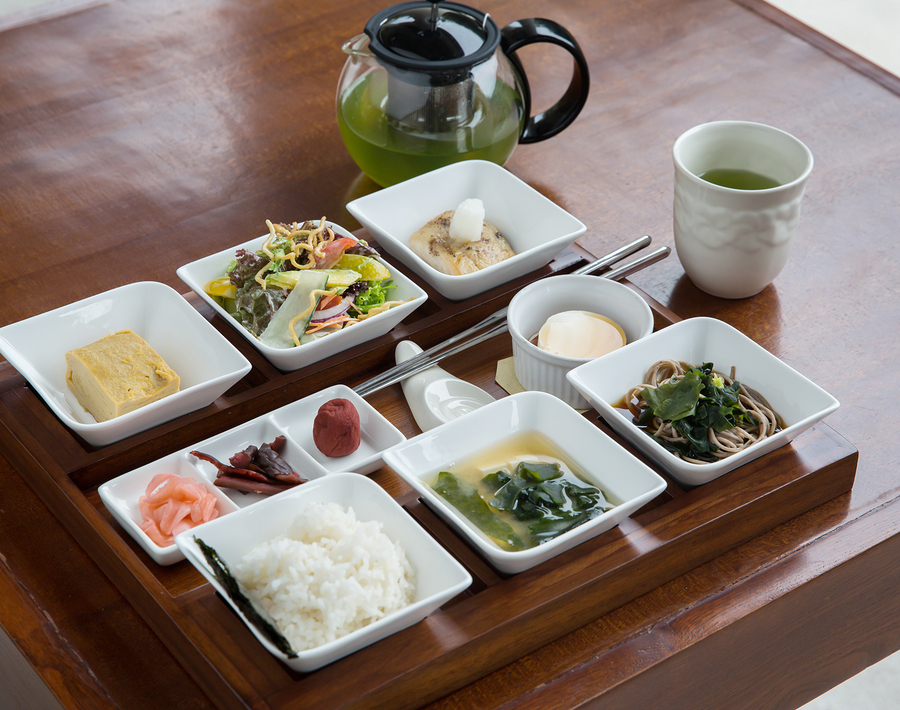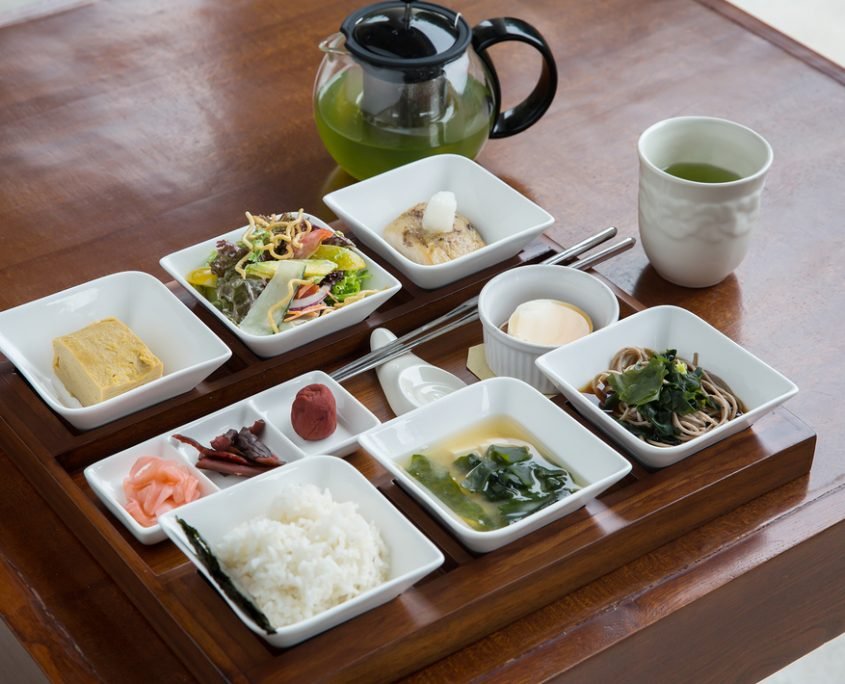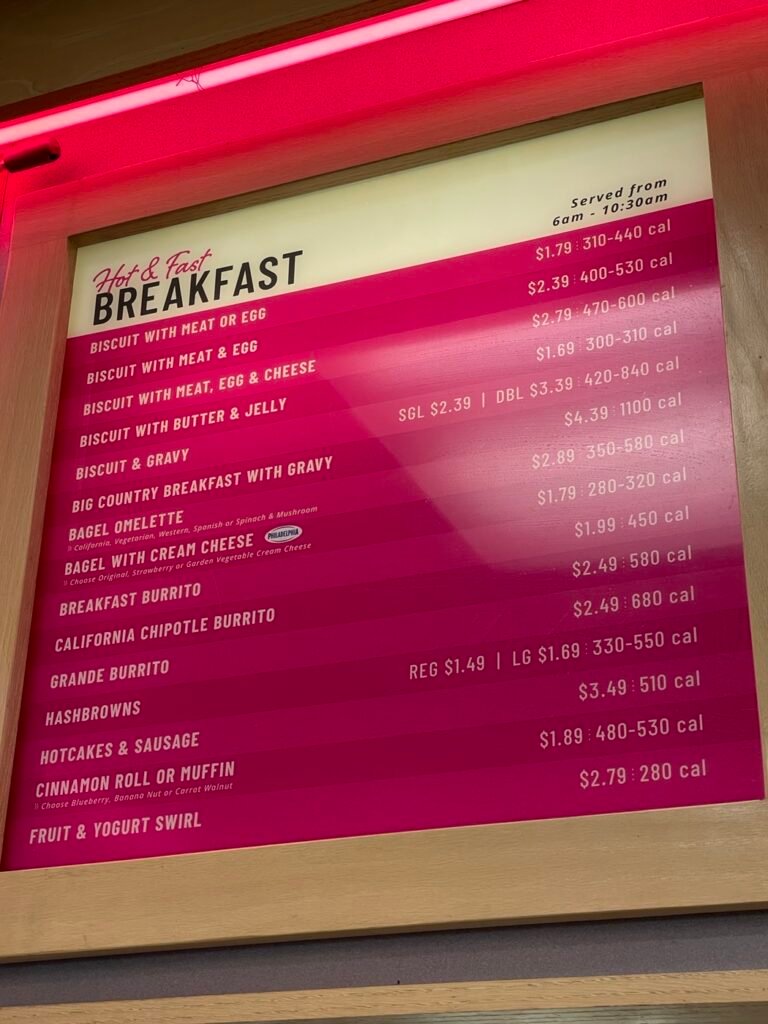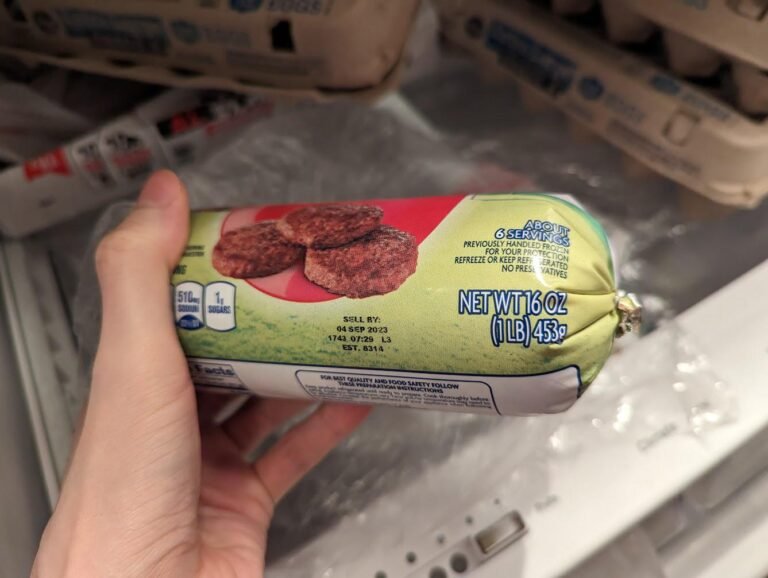What Do Japanese Eat for Breakfast: Traditional and Nutritious Choices
Breakfast is the most important meal of the day. In Japan, breakfast is both delicious and healthy. Let’s explore what Japanese people eat for breakfast.

Credit: guidable.co
Traditional Japanese Breakfast
Traditional Japanese breakfast is simple and nutritious. It usually includes rice, soup, and fish. Here are some common items:
Steamed Rice (gohan)
Rice is a staple in Japanese meals. Steamed rice, known as gohan, is often the centerpiece of breakfast. It is plain but pairs well with other dishes.
Miso Soup (miso Shiru)
Miso soup is a traditional Japanese soup. It is made from fermented soybean paste called miso. The soup often contains tofu, seaweed, and green onions.
Grilled Fish (yakizakana)
Grilled fish is another common breakfast item. Salmon and mackerel are popular choices. The fish is lightly seasoned and grilled to perfection.
Pickled Vegetables (tsukemono)
Pickled vegetables add a tangy flavor to breakfast. They are known as tsukemono in Japanese. Common pickles include cucumbers, radishes, and plums.
Fermented Soybeans (natto)
Natto is a unique Japanese food. It is made from fermented soybeans and has a sticky texture. Natto is known for its strong smell and taste.
Egg Dishes
Eggs are also popular in Japanese breakfast. Tamagoyaki, a sweet rolled omelet, is a favorite. Sometimes raw eggs are mixed with rice in a dish called tamago kake gohan.
Modern Japanese Breakfast
Modern Japanese breakfast includes both traditional and Western foods. Here are some items you might find:
Bread And Pastries
Bread is becoming more popular in Japan. Toast with butter or jam is common. Japanese bakeries offer a variety of sweet and savory pastries.
Western-style Breakfast
Some Japanese enjoy a Western-style breakfast. This might include eggs, bacon, and toast. Pancakes and cereal are also popular.
Onigiri (rice Balls)
Onigiri are rice balls often wrapped in seaweed. They can be filled with various ingredients like tuna, salmon, or pickled plum. Onigiri are convenient and portable.
Green Tea
Green tea is a common breakfast beverage. It is healthy and refreshing. Many Japanese people prefer green tea over coffee in the morning.
Typical Japanese Breakfast Table
A typical Japanese breakfast table might include the following items:
| Item | Description |
|---|---|
| Gohan | Steamed rice |
| Miso Shiru | Miso soup with tofu and seaweed |
| Yakizakana | Grilled fish |
| Tsukemono | Pickled vegetables |
| Natto | Fermented soybeans |
| Tamagoyaki | Sweet rolled omelet |
| Onigiri | Rice balls with various fillings |
| Green Tea | Healthy and refreshing tea |

Credit: lasvegas-sushi.com
Health Benefits of Japanese Breakfast
Japanese breakfast is not only delicious but also healthy. Here are some benefits:
- Balanced Nutrition: Includes protein, carbohydrates, and vitamins.
- Low in Fat: Uses less oil and fat compared to Western breakfasts.
- Rich in Probiotics: Fermented foods like miso and natto aid digestion.
- High in Fiber: Vegetables and seaweed provide fiber for a healthy gut.
- Hydrating: Miso soup and green tea help keep you hydrated.
Frequently Asked Questions
What Is A Traditional Japanese Breakfast?
A traditional Japanese breakfast includes rice, miso soup, fish, and pickled vegetables.
Do Japanese Eat Rice For Breakfast?
Yes, rice is a staple in a Japanese breakfast.
What Are Common Japanese Breakfast Foods?
Common foods include rice, miso soup, grilled fish, and natto.
Do Japanese Eat Fish For Breakfast?
Yes, grilled or broiled fish is often part of breakfast.
Conclusion
Japanese breakfast is a delightful and healthy way to start the day. Whether you prefer traditional or modern foods, there is something for everyone. Try incorporating some of these items into your breakfast routine. You might discover a new favorite!





